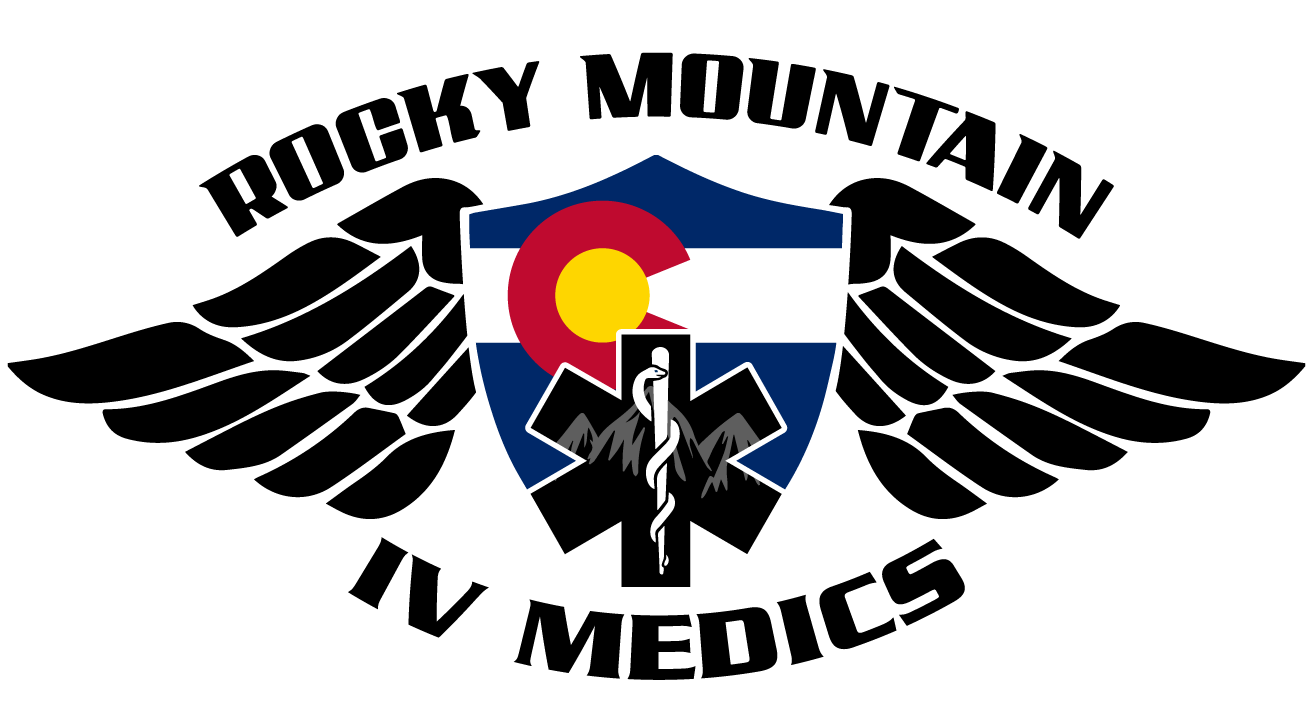Understanding Migraine Triggers: A Comprehensive Guide
IV Bars: What Are They & What Do They Offer?
May 6, 2020
Nause Relief: Soothing Foods to Calm Your Stomach
June 8, 2020Understanding Migraine Triggers: A Comprehensive Guide

Migraines are severe, recurring headaches that can affect one or both sides of the head. Many times, migraines also cause light and sound sensitivity, nausea and vomiting.
The severity of these symptoms can have a significant effect on your quality of life when they last for hours or even days.
When these migraines are recurring, it can be hard to figure out what causes them. While genetics can sometimes be to blame, there are common triggers that cause many individuals’ migraines.
Common Migraine Triggers
Everyone’s migraine triggers can be different, but these are seven of the most common ones:
1. Stress and emotions
Most often, stress and emotions are the biggest triggers. When you are under stress or dealing with shock, anxiety or depression, it can trigger a migraine.
2. Irregular sleep cycle
When you don’t get around seven to eight hours of sleep each night, your chance of getting a migraine increases. Without adequate sleep, your body doesn’t have a chance to renew vital components like your brain.
3. What you eat and drink
There are certain foods like dairy products, cured meats and chocolate that are common triggers. Consuming caffeine and alcohol can also trigger as well as worsen the symptoms of migraines for some individuals.
4. Dehydration
Similar to diet, dehydration can also trigger migraines. Dehydration occurs when your body has lost vital fluids and electrolytes, which can progress to symptoms like lethargy, dizziness and migraines.
5. Hormones
Some women, due to changes in estrogen and progesterone levels around the time of their period, can experience “menstrual migraines.”
6. Medication
Overusing some acute medications can lead to a Medication Overuse Headache (MOH). These migraines, also known as “rebound headaches,” tend to occur when the medication is taken at least 10 time in a month.
7. Environmental factors
There are various environmental factors that often can’t be controlled that trigger or increase the severity of migraines. For example, being exposed to certain smells in the environment like gasoline or chemicals can cause one. Light can also be a trigger — especially flickering light, fluorescent light, or bright lights. Changes in the weather, such as barometric pressure or excessive heat and humidity can be a trigger.
How to Monitor Your Migraines to Determine Triggers
Monitoring your migraines can help you determine what causes them. Create a journal so you can note what seems to happen before you get a migraine. You can even create a checklist with the most common triggers.
Over time, as you review your journal or checklist, you might discover a pattern. Knowing your specific trigger patterns helps you to better manage and prevent migraines from occurring in the future.
Alleviate Migraine Symptoms With IV Therapy for Migraines
As a mobile IV business in Colorado, paramedics from Rocky Mountain IV Medics travel to patients’ homes all throughout Denver and the surrounding areas.
Our team of paramedics will first assess your migraine and take your vitals. We have IVs for headaches, like our Myers’ Cocktail drip, that can ease the symptoms of your severe migraines.
To experience relief from your symptoms, contact us today to set up an appointment.

